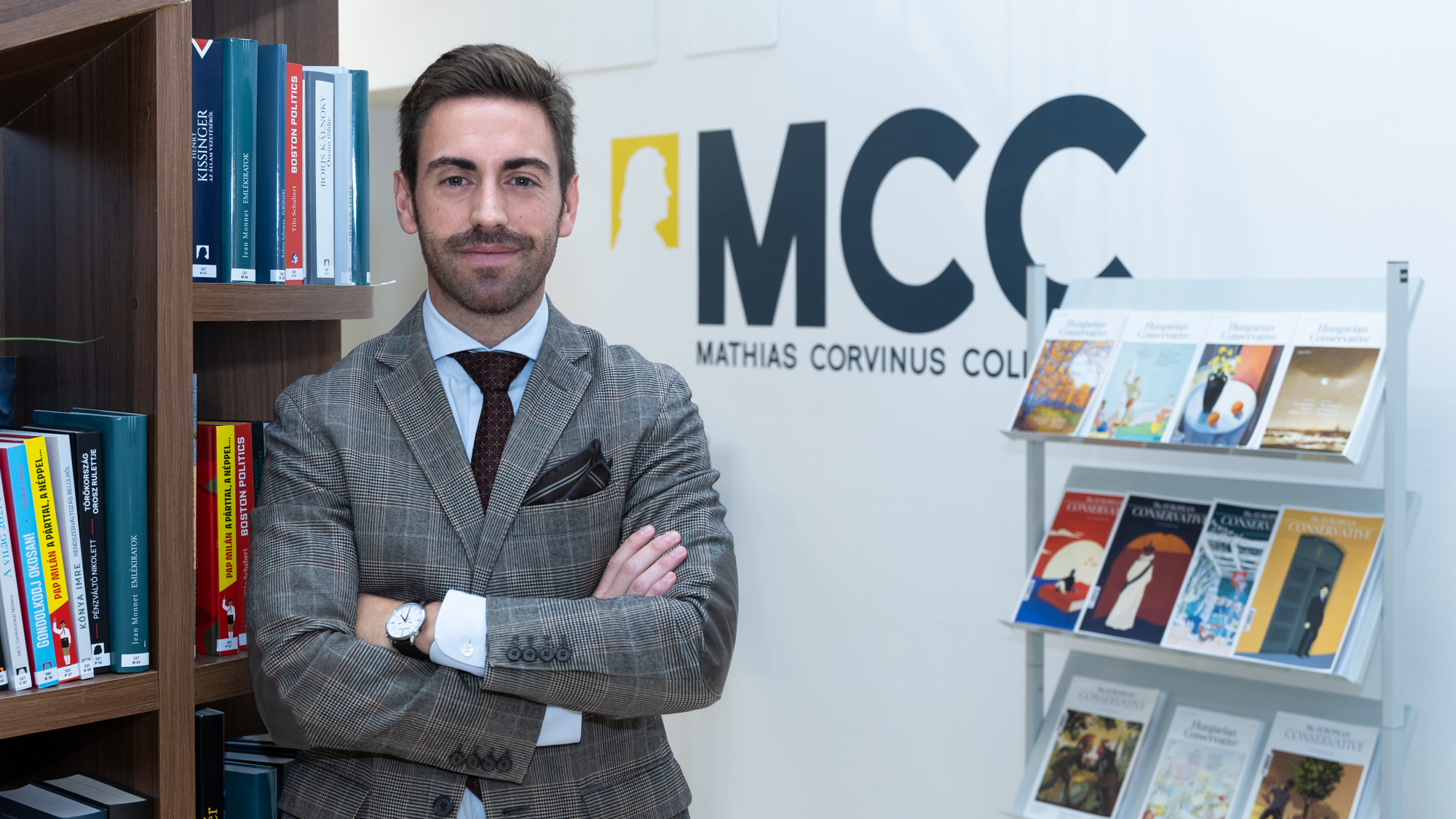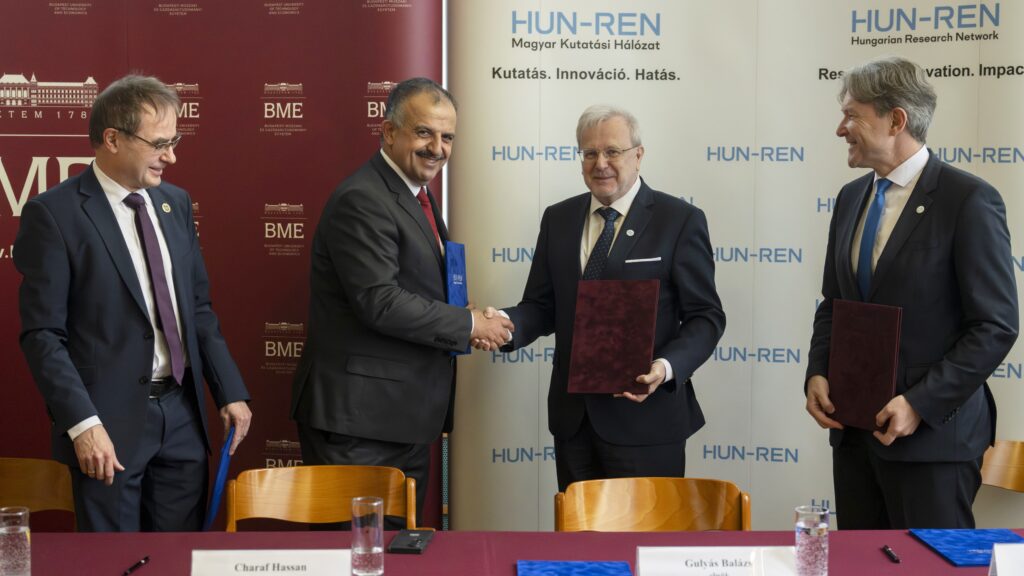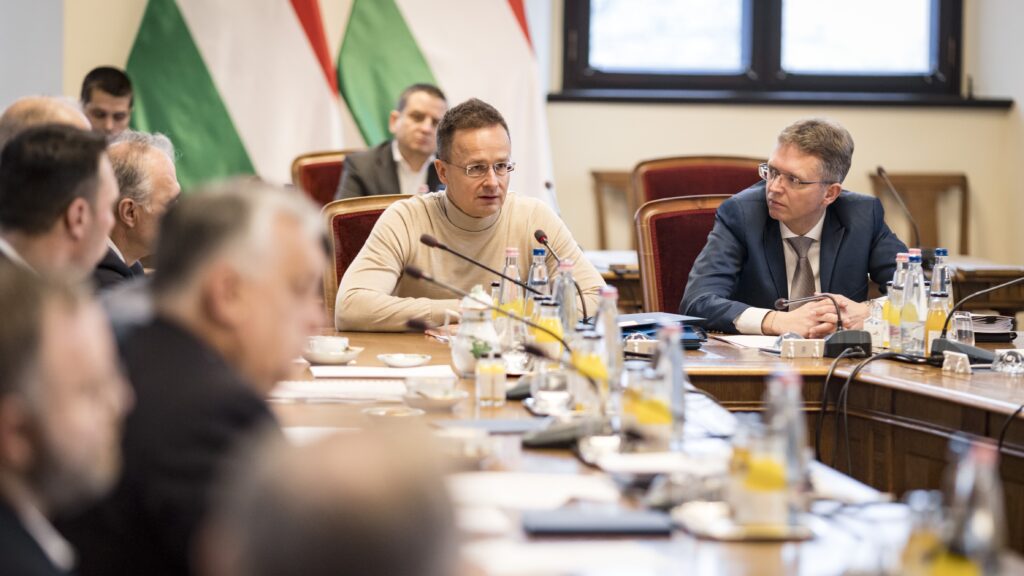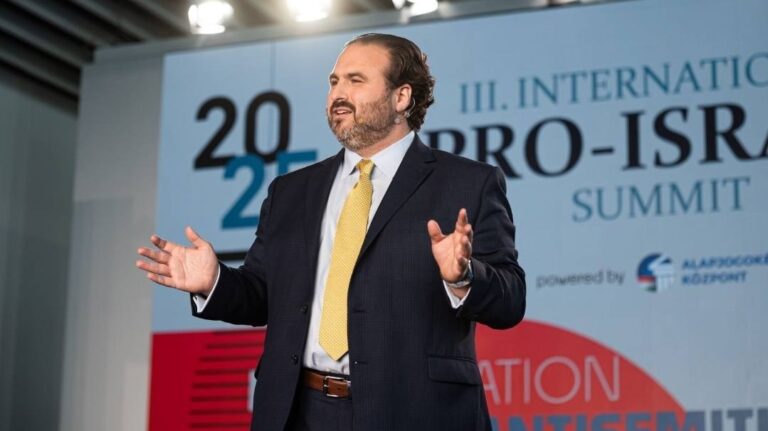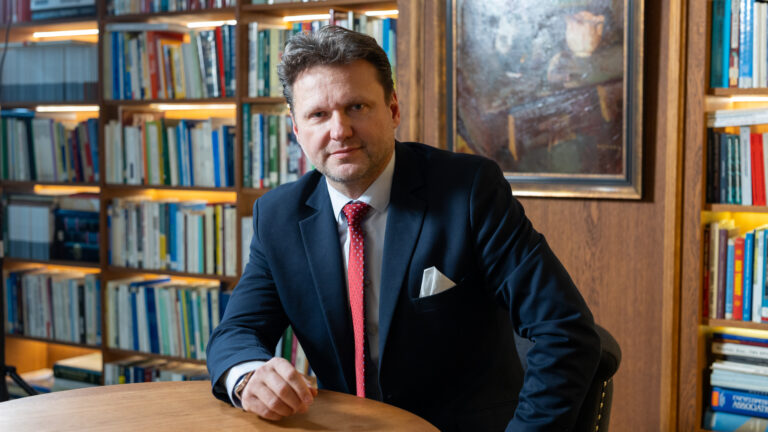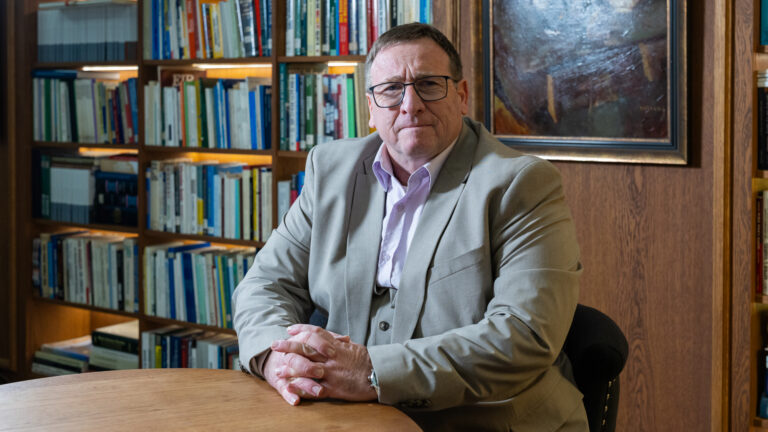Juan Soto Gómez is a Spanish conservative activist and commentator, and the founder and CEO of Fortius, recognized for his sharp interventions on migration, sovereignty, and the future of Europe’s right. He was a distinguished speaker at the MCC–MRI joint summit in Szeged, where he sat down with Hungarian Conservative to discuss the challenges of uniting Europe’s diverse right-wing forces and to warn of the risks that mass migration poses to social stability across the continent.
***
From your speeches, public appearances, and social media posts, you appear to be a strong advocate for a broader right-wing movement that many have begun to call ‘Make Europe Great Again’. How realistic is such a project, given the sharp ideological differences that still divide right-wing movements across Europe?
It’s a very interesting question. I think the international conservative movement, from time to time, faces a crossroads: whether to prioritize ideological preferences or national interests. Because obviously we have some common national interests, but also diverging ones. For example, on migration, conservatives are mostly in agreement. But on foreign policy regarding China, Russia, the US, or energy policy, there are very different national concerns. As there should be—Spain shouldn’t be as concerned with Ukraine as Poland is, just as Poland shouldn’t be as concerned with Morocco as Spain should.
Now, regarding the slogan itself, I don’t quite like the ‘Make Europe Great Again’ idea. Europe as a bloc was never great. Individual European countries were great at certain times—France, the UK, Spain, the Austro–Hungarian Empire, and so on. But as a united bloc, Europe was never great. In fact, we fought one another. So if we talk about making Europe great, it would be the first time in history.
That’s another crossroads for conservatives in Europe: making Europe great would, in principle, require some form of integration and therefore giving away some sovereignty—which conservative parties don’t want to do. At the end of the day, conservative parties face a choice: remain sovereign but weaker on their own, or imagine some sort of United States of Europe. It’s not easy, because the contradictions are real. Perhaps what is possible is a better union of sovereign states, led by patriotic governments. But reconciling the different national interests will always be difficult.
Could strong resistance against mass migration be one of the founding pillars of such a wider right-wing movement?
Absolutely—that would be one of them. But I think in general, what Europeans are looking for, and what new conservative parties across Europe are offering, are common-sense policies. Migration is one, but also family policy, for which Hungary is so well known. It shouldn’t be seen as a ‘conservative’ thing to want to be a father, to want to have a family, or to afford a home—that’s common sense.
So I think common-sense politics is already uniting conservatives across Europe. On migration, that means no open borders. We need to decide how many, how fast, from where, and with what skills, to meet which labour-market needs. That’s just common sense. In this sense, many new conservative parties are de-ideologizing policymaking. Although branded as ‘far-right’ or ‘conservative’, they are essentially advocating common-sense solutions: not sacrificing national interests to ideology, whether liberalism, progressivism or wokeism, but fixing real problems for real people.
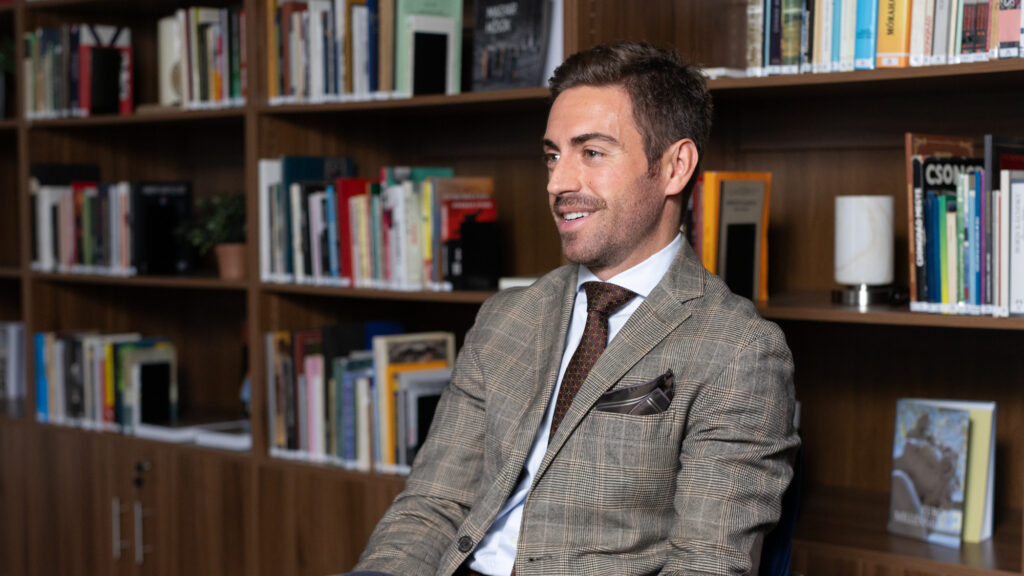
Turning to the new European Migration Pact, part of which is set to be implemented next year: currently only Hungary and Poland oppose it. Do you see others joining them as we near the deadline?
I’m pessimistic. Some countries may try to influence implementation, rather than blocking the law itself. Poland and Hungary would naturally have an ally in Italy, where Prime Minister Giorgia Meloni last year launched the Mattei Plan for Africa—an interesting attempt to link Italian foreign policy to migration policy. That could help in blocking the pact. But Italy is a big country with many interests.
I think the legislation will not be blocked by more countries than Poland and Hungary. But over time, as new governments take power in France, Spain, and elsewhere, the reality of mass migration will become undeniable. You cannot hide it—people see it in the streets. Politicians will be forced to confront it. So even if this legislation passes, I believe new, more commonsensical legislation will eventually replace it.
What would such ‘common sense’ policies look like in practice?
First, we need to enforce the rules we already have. Most illegal migrants in Europe don’t arrive by boat—they enter through airports on tourist or student visas and then overstay. That type of migration can be addressed very quickly; there is no humanitarian issue in sending such people home.
The more difficult challenge is sea arrivals and asylum seekers—that will require new legislation. Some argue EU law must be changed and then exported into international law. But for that to happen, we first need strong national laws that influence EU legislation. Countries like Hungary, Italy and Poland must lead the way, highlight good practices, and show how to stop mass and irregular migration.
‘Europe needs to apply a civilizational filter’
We also need to ban illegal migration altogether and clearly distinguish between genuine asylum seekers and those simply seeking a better life. Wanting a better life is legitimate, but there is no right to be guaranteed it. Those who come legally on job visas should be welcome insofar as they bring value. And crucially, those visas should not lead to nationality or citizenship. No voting rights, so no one is tempted to import voters.
Finally, Europe needs to apply a civilizational filter. After all the technical considerations—labour-market needs, temporary visas, no path to citizenship—we also need to prioritize people most likely to assimilate. That means first seeking people from within the West, and only then looking beyond.
Let’s suppose none of that happens and the EU continues with its current migration policies. How do you see Europe in the next five to ten years then?
Then we have a real problem. According to some experts, we could literally face civil war in some countries, along ethnic lines—between indigenous populations and migrant populations. There are already alarming models predicting potential casualty numbers in such conflicts.
So yes, it could mean civil war. And at that point the open-borders politicians who say we need migrants to sustain our welfare states would be proven wrong. In fact, deficits would grow—in pensions, healthcare, education. Recent research suggests that virtually no non-indigenous group is a net contributor to the welfare state; rather, they are beneficiaries over their entire lives. The narrative that we need migrants to pay for pensions would collapse.
That scenario would lead to societal turmoil, possibly regime change, and the rise of even more radical right-wing parties. Because if governments don’t stop the bleeding, people will become radicalized. They will get angry and may take matters into their own hands. It’s a very dark and frightening scenario—hopefully one we will not have to see.
Read more of our interviews:

